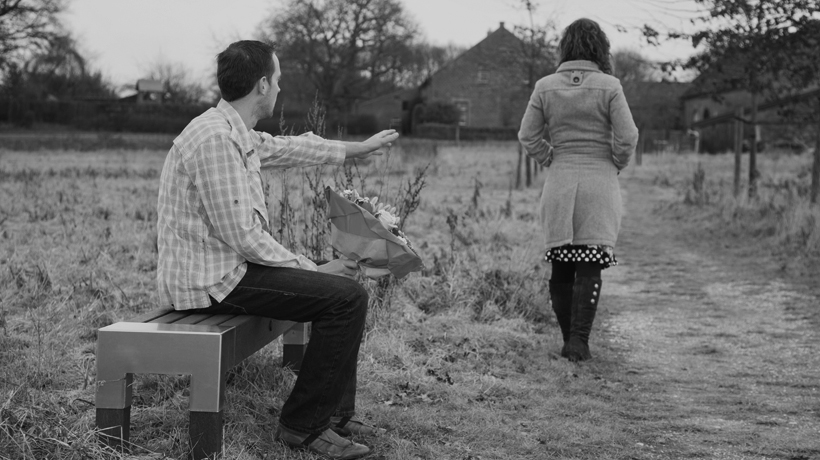“Strength isn’t about hanging on. Real strength lies in your ability to let go.”
You have probably been in this situation: You meet someone you’re crazy about. You go through the “honeymoon phase,” where you believe (s)he’s absolutely perfect and you can’t wait to spend time together. Then, something shifts. You’re fighting more than usual and you start to question if you should stay in the relationship.
Every relationship has its ups and downs, and sometimes it’s worth sticking it out and working through your problems. Other times, though, it’s better for both parties if the relationship ends. Clinical psychologist and marriage counselor Randi Gunther says, “There are some real and justifiable reasons why good people cannot seem to get past their relationship difficulties, no matter how much energy and time they have devoted to each other.”
Leaving someone you care about is one of the most difficult decisions to make, and you might wonder if it really is right to let go and move on. Here are some signs that it’s time:
The past brings you more joy than the present
Do you find yourself reminiscing about the “good ol’ days” more than living in the moment? We all find comfort in reliving good memories, especially during tough times. However, if you are holding on to a relationship because of good things that happened early on, but the present and future look bleak, it might be time to cut ties.
The relationship is one-sided
In healthy relationships, both partners put forth effort to make the other feel loved and appreciated. When you feel like you’re doing all the work, you might start to feel angry or bitter. You can try to work through your resentment (by communicating your feelings to your partner, taking responsibility for any part you have played in the dispute, and listening to your partner’s side of the story). If you continue to feel unappreciated and your partner does not try to make things right, perhaps things won’t get much better.
There are signs of physical or emotional abuse
This might seem like an obvious one, but abuse is often subtle and sometimes overlooked. When you’re in an abusive relationship, your partner might place all the blame on you and never take responsibility for their actions. You may feel like you can’t go to them for support during a tough situation because they’ll act indifferent or be angry that you bothered them. They might also criticize you, knowing that if you feel good about yourself, you’re more likely to leave. If you suspect your partner is abusing you, start taking actions to leave. If you don’t feel safe leaving, reach out to friends, family, or a support group for help.
There is little or no open communication
You and your partner need to be able to talk about important matters. Trust is the foundation to any successful relationship, and without honesty, there can be no trust. When talking to your partner about your needs or worries, be upfront, avoid blaming by using “I” statements, and truly listen to their point of view. If you feel your communications are not received, the basis of a satisfying, long-term relationship isn’t there.
You’re constantly making excuses
He doesn’t want to hang out with your friends because he’s an introvert. She forgot to respond to your text about date night because she’s so swamped at work. You don’t call him your “boyfriend” because he just doesn’t like labels. If you feel like you’re always defending your significant other to your friends, family, or yourself, stop and think about what’s really going on.
You don’t see a future together
At some point in every romantic relationship, you’ll have the dreaded “where is this going?” talk. As your relationship progresses, you’ll have variations of this talk–do you see yourself getting married? Do you want to have kids? Do you want to live in your current city or would you like to move someday? These are just a few of the questions you should ask your partner when things start to get serious. If your answers differ greatly, change over time, or if the two of you start to grow apart instead of together, it might be better to go your separate ways.



